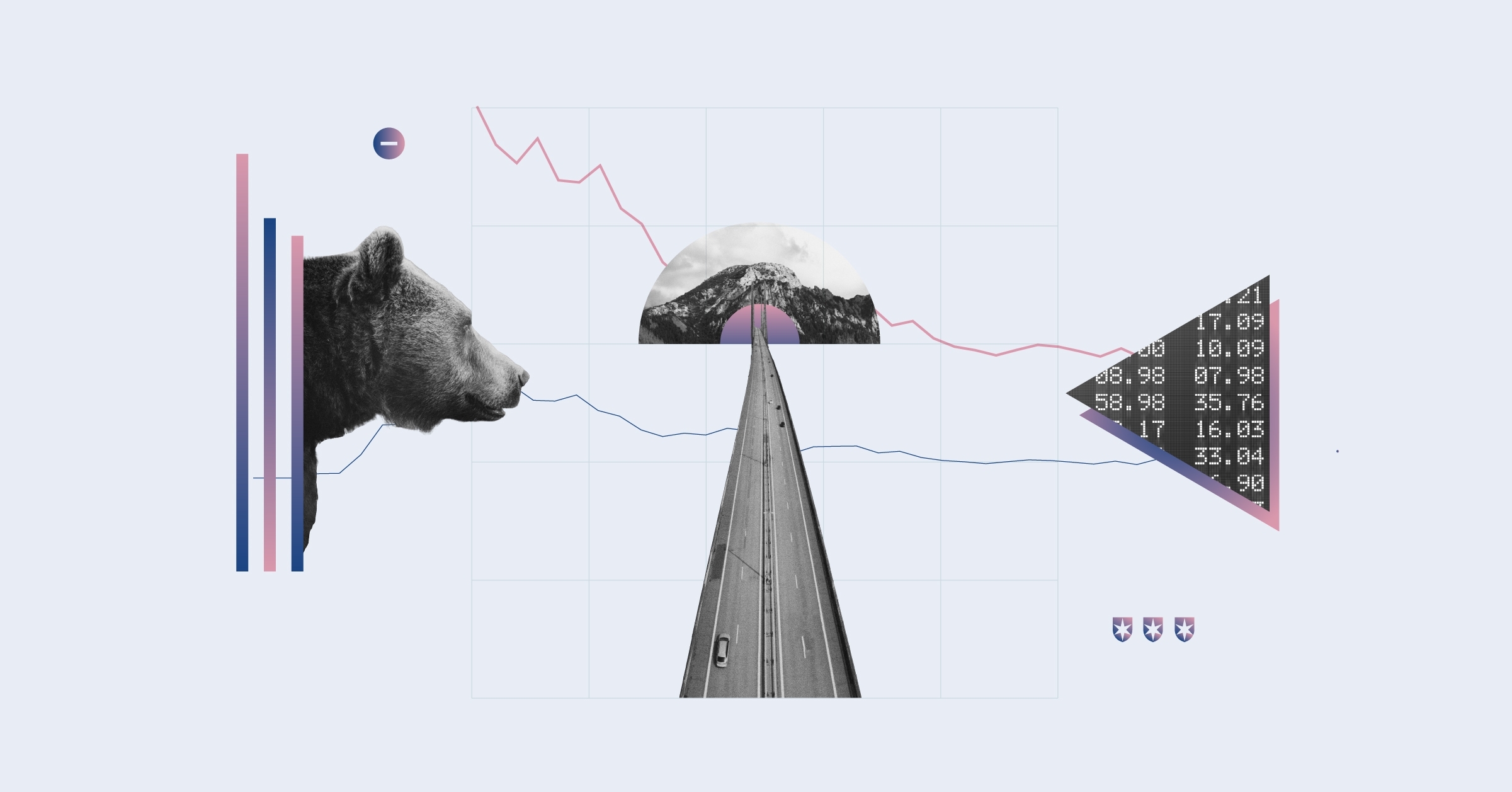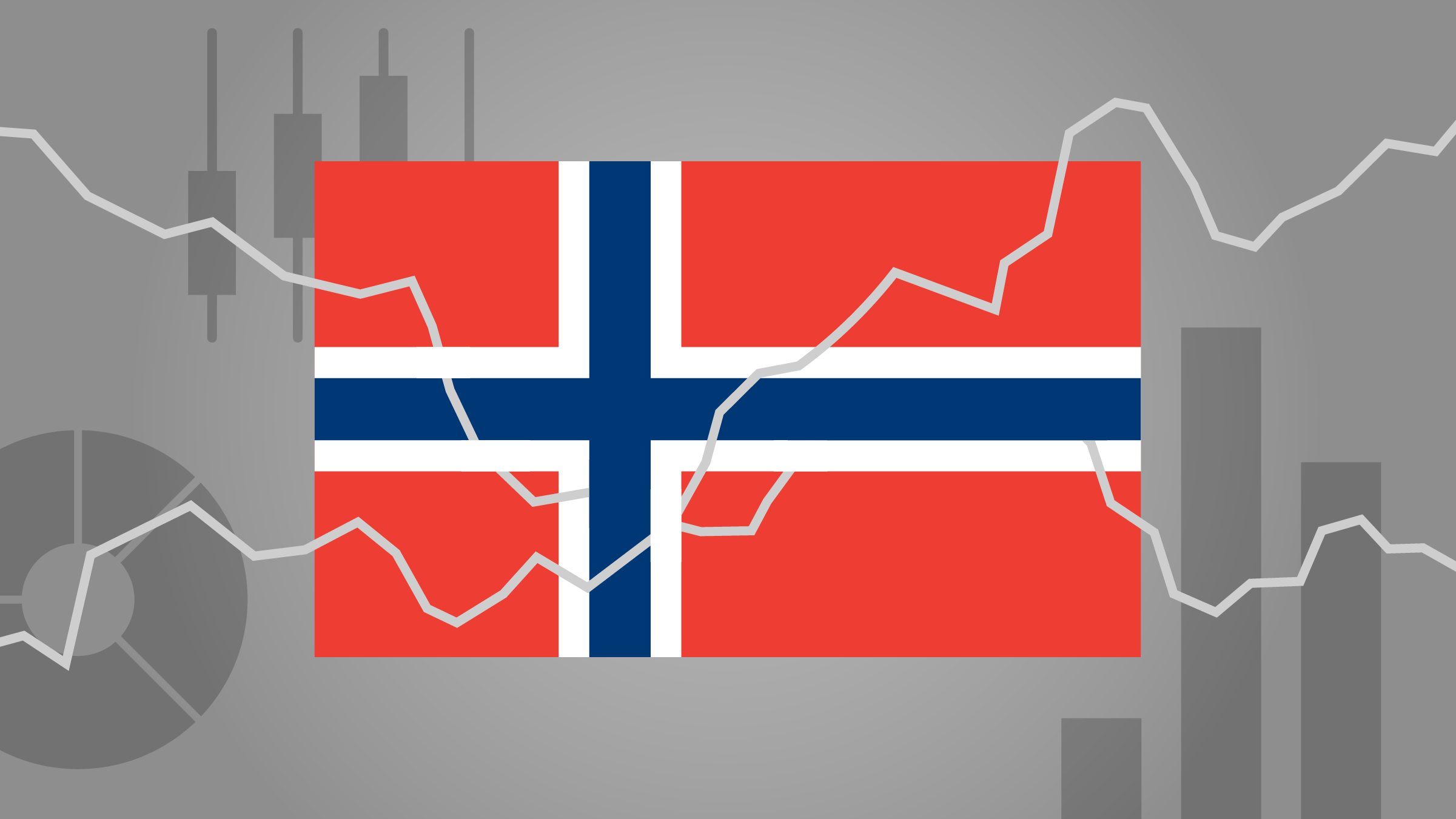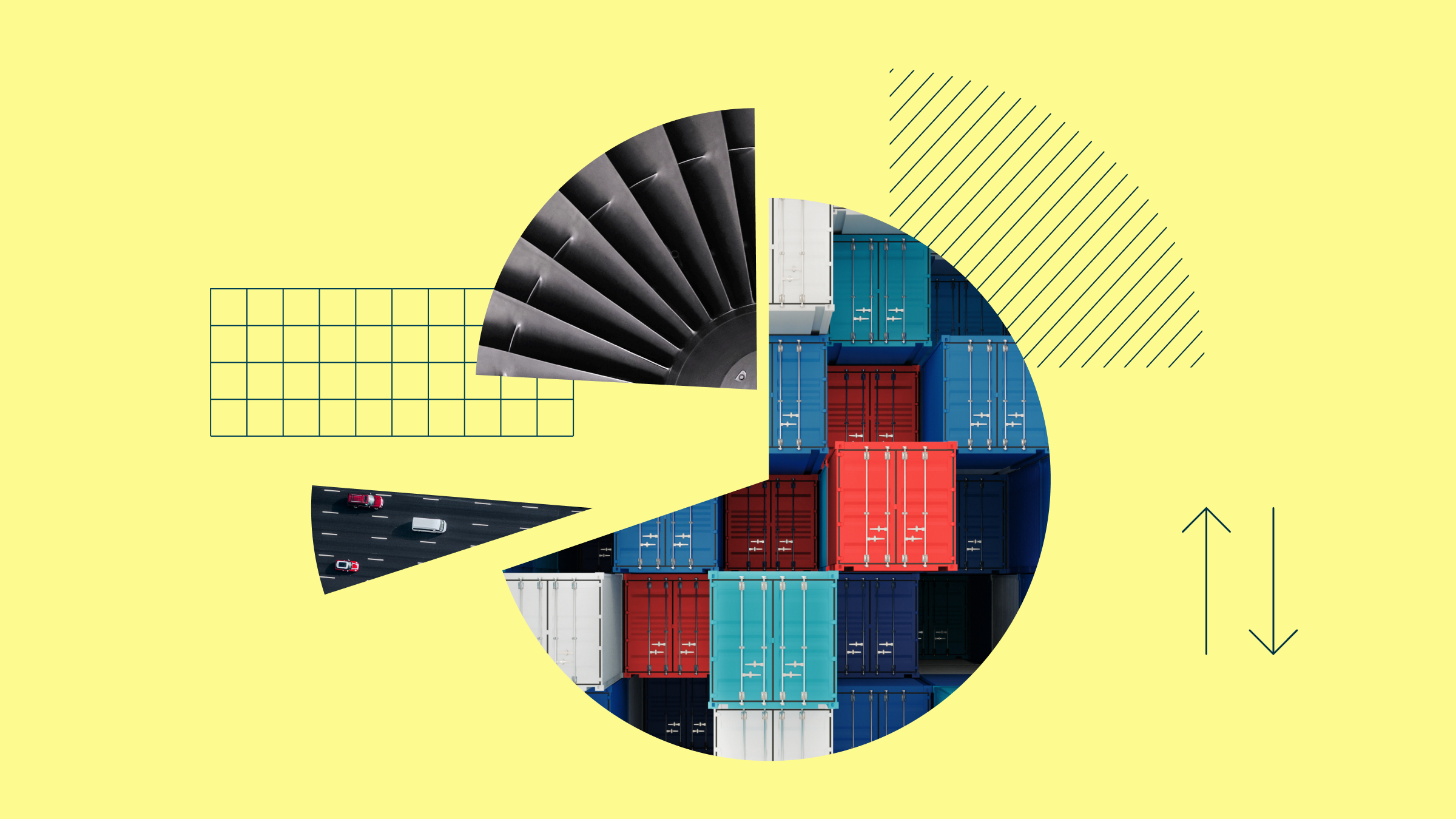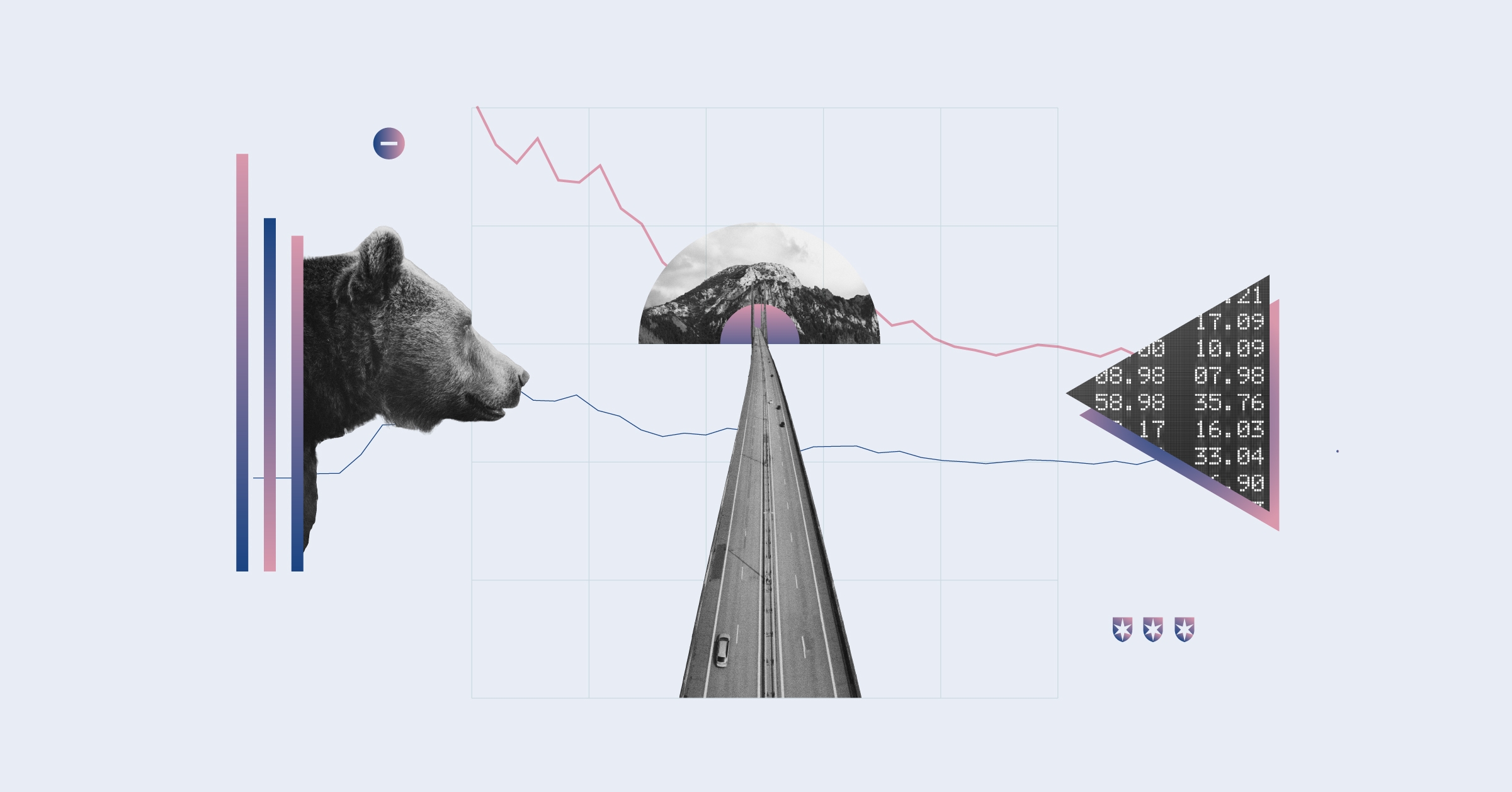Holly Cook: For Morningstar, I'm Holly Cook. I'm here today with Allan Conway, he is head of global emerging market equities at Schroders. Allan, thanks very much for joining me.
Allan Conway: It's a pleasure.
Cook: So the last time we talked was a year ago, at that time we were talking about the outlook for
emerging markets. You described, at that time, developed-world equity markets as being submerging markets and questioned why investors would want to invest there when they could be putting their money into emerging markets. Has the fundamental view towards the emerging markets changed? Because they've really had rather a torrid year.
Conway: Well, actually the idea that the developed markets were submerging economies has proven to be absolutely right, and particularly in Europe. I think the thing that we got wrong was underestimating the ability of politicians to mess things up, and you're seeing that really in Europe. And the frustrating thing from an emerging perspective is that there has been a sentiment overflow into emerging. All of the things we are worried about today in the global economy emanate from those developed submerging economies, as I put it. Emerging actually themselves don't suffer from those problems, but there has been a significant sentiment impact on them.
Cook: At the time, we were talking about overheating in the emerging markets and I had asked you whether you thought there was perhaps a bubble coming up. And at that time you said that we were a long way off overheating levels, but that perhaps 2012 could be the year for a bubble. Presumably that view has been postponed?
Conway: Definitely. I think overheating is now off the agenda. We are not worried about inflation anymore. Indeed, the concerns these days are things like, ‘would China go for a hard landing?’ and we don’t think so. So we've really moved away from that, but, yes, I think the impact on the global economy, particularly of what's been going on in Europe and weak growth in the U.S., means that we are a long way from having to worry about bubbles at the moment.
Cook: So what would you say to a potential investor who says, well, emerging markets equities haven’t really worked for me over the past year, certainly developed world markets haven't exactly either but at least I know where I stand there and the current valuations are so cheap that perhaps those potential returns have more promise in the developed world. What would be your response?
Conway: I think that’s absolutely incorrect. Firstly, let's remember that emerging stock markets have absolutely decoupled in the same way as the emerging economies have. Over the last 10 years or so emerging is up some 480%. Most of the developed markets over that period are up 30% or 40%.
So you've had huge decoupling. Going forward, we expect that to continue. This year emerging, despite having very good economic fundamentals, have underperformed because investors have generally got nervous, they have taken money off the table, and particularly, I think, retail investors have viewed emerging as being higher risk.
Now, actually that's a misconception. Emerging markets today are the low risk investment. Whether you're looking at any of the macroeconomic indicators, whether you are looking at levels of government debt, emerging are low, declining; developed are high and increasing. Fiscal situation in emerging is much better, current account much better, levels of reserves--let's remember the sight after the last EU Summit of Europeans dashing off to China to see if they can get bailout money, reserves are very high in emerging.
Today the risks are all in the developed world: not only do you have low growth, but that low growth is going to continue as these economies are served with massive debt. You could have fiscal austerity for the foreseeable future, low growth; emerging--strong growth, strong economic fundamentals, will feed through into earnings and returns. So today I think investors are faced with a choice: would you go for strong economies, strong fundamentals with strong growth; or do you go to these tired, old developed economies?
By the way emerging evaluations are extremely attractive. We are down at around 8.5 times and if you look historically when the markets have been this cheap over the following 9 to 12 months you've had anything from a 60% to 75% return. We think that’s perfectly possibly providing you get a general improvement in sentiment and that’s all its going to take.
Cook: So I know that your team operates a strategy where you try to get approximately 50% of your returns from stock selection and 50% from country selection. Has the so called Arab Spring and some of the developments there, have they opened up more opportunities? Does a post-Gaddafi Libya, for example, present an interesting opportunity for you?
Conway: Well we must distinguish between emerging and frontier markets and of course Libya, for example, isn’t even a frontier market let alone an emerging. The key market in the region of course from an emerging perspective is Egypt. And the Egyptian situation is of course extremely volatile, there is a lot of uncertainty. Valuations are attractive and overall we are quite positive on Egypt. But I think it's one you have to be watching very, very closely because it really is dependent on the final political outcome and we think that’s going to work out, but it needs careful monitoring.
The other countries: by and large the Gulf countries are all within the frontier index rather than the emerging index. There again we are pretty positive valuations, have come down. But it does require very close monitoring because the general political environment, although it’s improving there is a high degree of uncertainty.
Cook: So, do the events that we've been talking about--both in the developed world and in the emerging and frontier markets--how would I perhaps see those manifested in your portfolio changes over the last 12 months?
Conway: For most of this year we've been running a pretty cautious portfolio. So, for example, we are running a beta below 1, around 0.96, and we’ve been running quite a bit of cash. As a result, our flagship Global Emerging Fund has outperformed so far this year by about 330 basis points. It’s been a good year. Now interestingly, what we are looking at in the short term is probably putting that cash in, because it looks as though, finally, the Germans, ECB, they get it; and it look as though we won’t have the solutions to the European problem but we at least have a plan in place that looks as though it's got the ability to make progress and as sentiment improves we think emerging markets will be one of the key beneficiaries. They’ve sold off more than you would have expected this year, therefore when there is an improvement in sentiment, we expect them to bounce back more significantly and we've already started to see that at the end of last week.
Cook: So how does perhaps your short-term outlook for emerging markets, say over the following 12 months, how does that differ perhaps from your longer term view?
Conway: I think we’ve got to get used to a global economy that’s going to look pretty weak, very anaemic growth, for the next few years actually. I think Europe, even if it comes up with some form of solution, we are going to have years of trying to resolve these high government debt situations. Obviously, fiscal austerity is going to be order of the day. That’s also going to be true in the States. U.S. growth is looking better than Europe, but it still looks very anaemic. We should have seen a much stronger picture in the U.S. than we have done, given the depth of the recession.
It’s largely been a jobless recovery in the U.S. Japan, of course, weak growth too. The developed world is going for foreseeable future--for the next three to five years minimum--to have very weak and anaemic growth while it tackles debt problems. Emerging will look very strong by contrast, but I think one’s going to have to focus on things like domestic demand in emerging and one’s going to have to focus on things like yield, yield is going to become much more important in the world of slow growth.
Cook: Allan, thanks very much for joining me. I look forward to seeing you again in a year’s time and hopefully we’ll have something slightly more positive to look forward to.
Conway: I hope so. Thanks.
Cook: Thanks again. For Morningstar I’m Holly Cook. Thanks for watching.

















